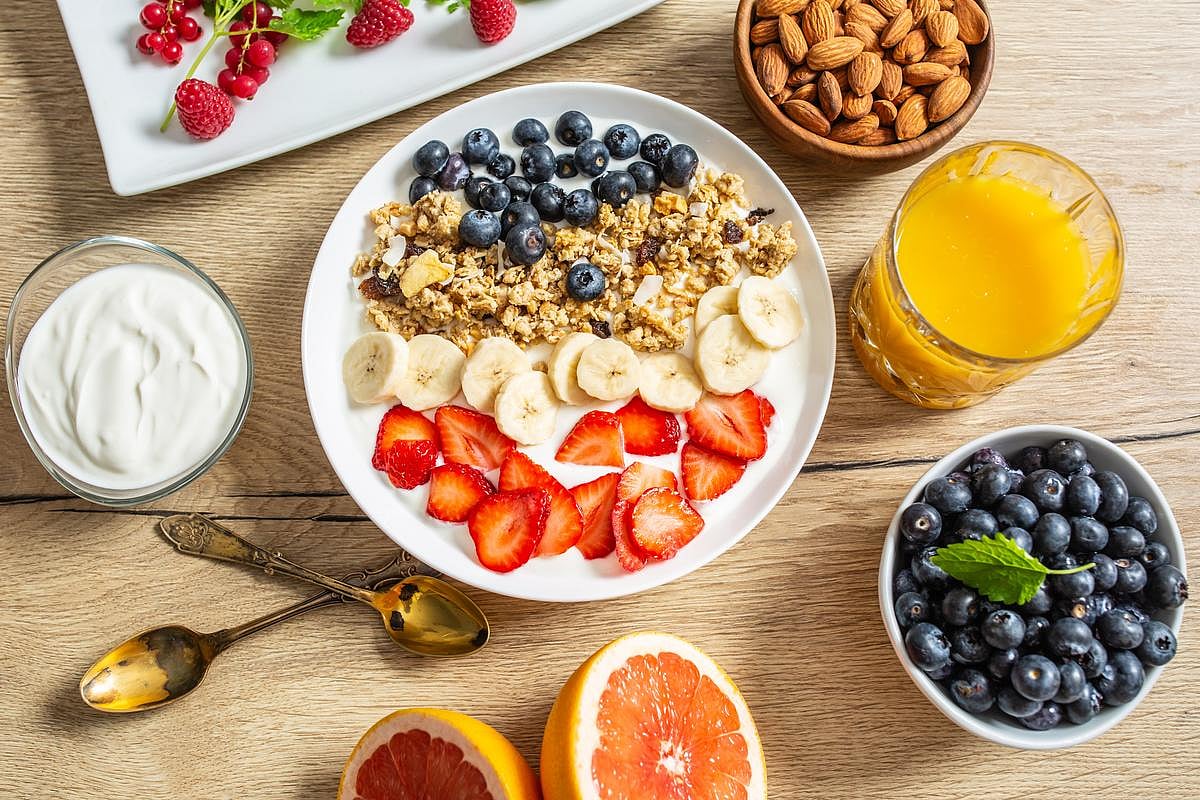Get Healthy!

- Ernie Mundell
- Posted February 10, 2025
Big Breakfasts Help Keep Heart Patients Happy, Study Shows
When and what you eat might play a role in maintaining good mental health, a new study suggests.
Researchers in China found that folks with heart disease were more likely to keep depression at bay if they ate a big, calorie-rich breakfast.
There's evidence that heart disease patients "are more likely to develop depression when compared to the general population -- and dietary factors have been shown to play an important role in depression occurrence and development,” noted a team led by Hongquan Xie of the Harbin Medical University.
They published their findings recently in BMC Medicine.
According to the researchers, the timing of calorie intake "can regulate circadian rhythms and metabolism," and disruptions in circadian rhythms may be a contributor to depression.
Heart disease patients are already at heightened risk for depression, so the new study looked at possible links between daily meals and a patient's mental health.
The team looked at 2003-2018 data from almost 32,000 Americans who enrolled in the U.S. National Health and Nutritional Examination Survey.
Almost 3,500 participants (averaging 66 years of age) had heart disease, and 554 of those people were also diagnosed with depression.
Survey participants also reported what and when they ate during a typical day.
The data showed that people who took in the most calories at breakfast (791 calories on average) were 30% less prone to depression, compared to those who ate the skimpiest breakfasts (average of 88 calories).
And when folks shifted even 5% of their daily calories from dinner or lunch to breakfast, that was tied to a 5% lowering of their depression risk.
Levels of particle nutrients -- protein or carbohydrates, for example -- were not linked to depression risk, the study found.
The bottom line, according to the research team is this: "[W]hen you eat is as important as what you eat. Dietary energy consumption time should coordinate with body clock fluctuations to reduce the risk of depression.”
More information
Find out more about your circadian rhythms at the National Institute of General Medical Sciences.
SOURCE: American Psychiatric Association, news release, Feb. 5, 2025

